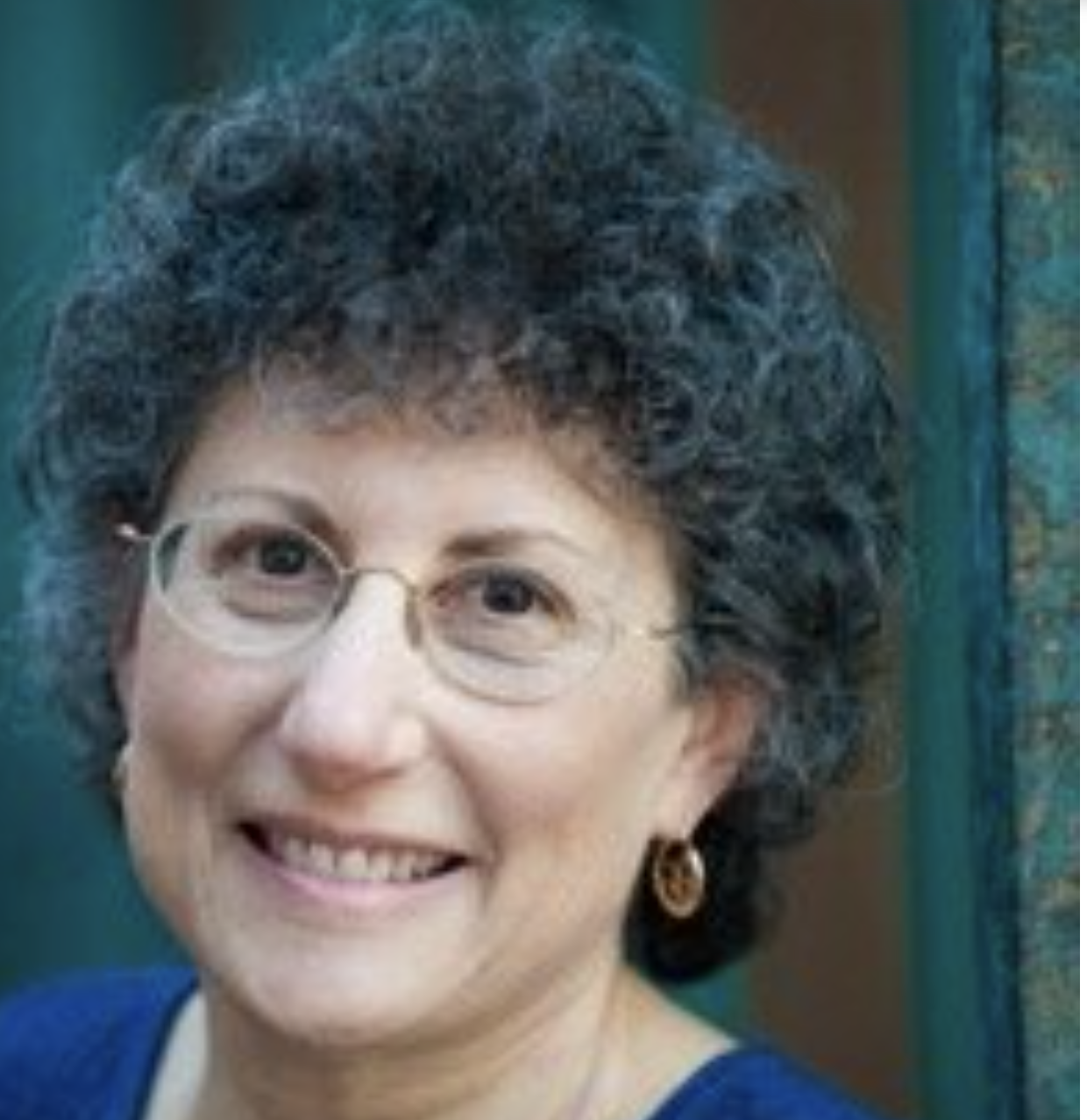If there were no cherry blossoms in this world
How much more tranquil our hearts would be in spring.
Ariwara no Narihira (825–880)
There is a dogwood tree outside my bedroom window. Every spring I look forward to the buds opening into an abundance of deep pink flowers that fill my windows. At the same time, once they have bloomed I ache with the knowledge that they will be gone before the end of May. I wish I could make them last longer. I want their striking beauty and perfection to be a part of all my mornings. And yet I have no control over their demise. They are destined to fade, wither, and fall to the ground.
In her essay, “Giving Up the Fight” (Non-Fiction, Intima, Spring 2023), Rebecca Stanfel tells the story of her experience living with sarcoidosis. She was the mother of a young child when the disease arose and was frequently incapacitated by pain, vertigo, and fatigue, as well as by lengthy hospitalizations. One doctor told her she might “drop dead at any moment.”
Her mother, therapist, doctors, and nurses insisted that she had to fight her illness with all she had if she wanted to survive. The posters on the walls at her treatment site reinforced the message: Her disease was the enemy and she could not give up. Rebecca battled sarcoidosis for her child’s sake. She felt “locked in brutal trench warfare,” but despite her desperate efforts, she did not conquer her illness. In fact, the fight was making the pain, vertigo, and exhaustion worse.
It is comforting to believe that if we fight hard enough and have the right attitude, we will defeat the disease and regain our former life. But Rebecca began to see that the metaphor of war was not working for her. Gradually, she came to accept that there are things we have little or no control over. Rebecca acknowledges that “It is terrifying to let go of notions of control.” But the reality is that “I have no control. Or very little. Unfortunately, you do not either.”
Eventually, Rebecca found that her quality of life improved when she decided to live with her illness, accept the limitations it placed on her, and pay attention to what her body needed at any given time. She sees herself as sharing her body with sarcoidosis. “Ironically,” she says, “the less I fight, the more I can do in the long term.” And the happier she is.
As Rebecca sees it, for people who have life-limiting illnesses, “They lived, then they lived with a disease, and then they died. And so shall we all.”
Janet Greenhut, MD MPH
Janet Greenhut is a preventive medicine physician in Ann Arbor, Michigan. She is co-founder of Narrative Dimensions, a nonprofit devoted to promoting the patient's lived experience, and co-creator of the Living Well with Illness workshop, which is based on the philosophy of phenomenology. She is co-author of The Wholeness Handbook: Care of Body, Mind, and Spirit for Optimal Health. Her story, “A (Con)versation” appeared in the Spring/Summer 2025 issue of Intima: A Journal of Narrative Medicine.

